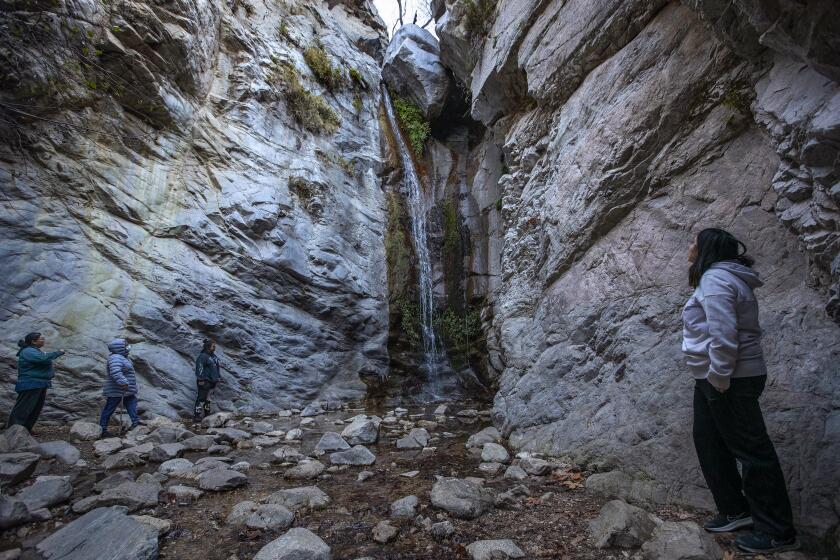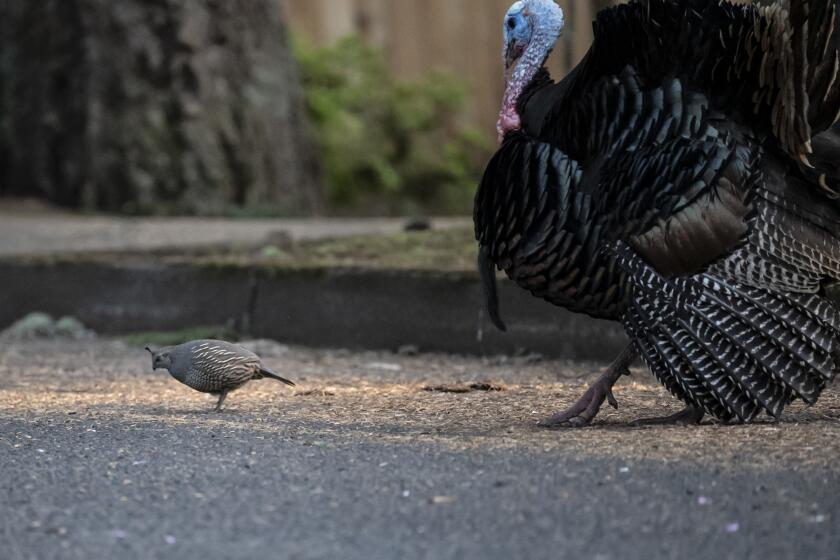Haiti doesn’t need an army
Haiti has been without an army for more than 15 years. This week, however, President Michel Martelly is expected to announce a plan to reconstitute the military. That’s unfortunate. The last thing Haiti needs right now — and the list of needs is extensive in the aftermath of the 2010 earthquake and an ongoing cholera epidemic — is a $25-million plan to rebuild a failed institution.
The country’s military was disbanded in 1995 after decades of brutal repression and violence against civilians, including the killing of some 3,000 people during the 1991 coup that ousted President Jean-Bertrand Aristide. By the time Aristide was brought back to power four years later by the U.S., Haiti’s military was better known for its atrocious human rights record and putsches than for protecting the Haitian people.
Martelly insists the new army will look nothing like its notorious predecessor. Instead, it will serve as a kind of hybrid civil defense force that can provide assistance during natural disasters but can also protect public safety. That sounds great. But Martelly has yet to outline what safeguards would be adopted to prevent abuses or to ensure that former soldiers tied to past violence don’t reenlist.
So far, Martelly’s proposal has done little but alienate donor countries, which have quietly indicated they won’t provide funding for it. That’s a problem given that foreign aid accounts for nearly 70% of the government’s budget. Martelly says he doesn’t need international help and will pay for a new army by taking up to 5% from all ministries, but again, that’s disingenuous because the ministries are funded largely by foreign assistance. Taking money from them would simply mean Haiti would have less to spend on education, housing, roads and other much-needed public projects.
No one disputes that Haiti must eventually assume authority for its own security. The U.N. peacekeeping mission that has patrolled the streets since 2004 is to begin pulling out as early as next year. Public safety remains an issue. Crime, including kidnappings, rapes and other violence, persists, especially in the tattered tent cities that are home to thousands displaced by the earthquake.
Martelly’s decision to revive the military has prompted speculation that, like some Haitian presidents before him, he will use it to shore up his power and shut down his opponents. That’s hard to discount given his ties to supporters of former dictator Jean-Claude Duvalier, who relied heavily on both the military and his secret police force, the Tonton Macoutes, to stay in power. Martelly needs to understand that an army is something Haiti just can’t afford. Instead, he ought to invest in the country’s national police. That’s a plan that international donors and the United States have said they will back and therefore wouldn’t further tax a beleaguered nation.
More to Read
A cure for the common opinion
Get thought-provoking perspectives with our weekly newsletter.
You may occasionally receive promotional content from the Los Angeles Times.






